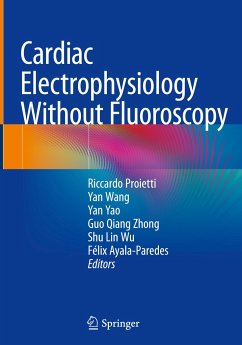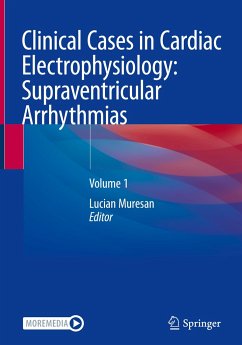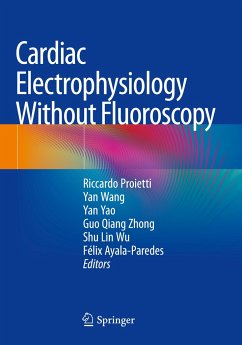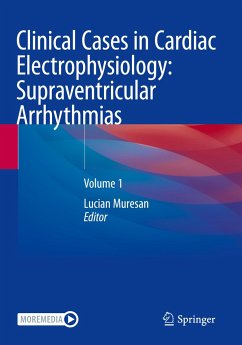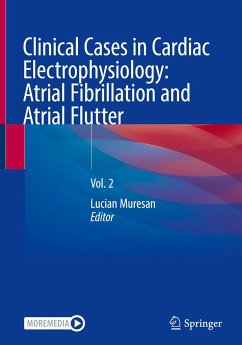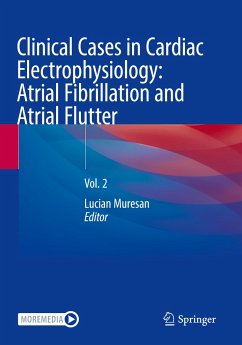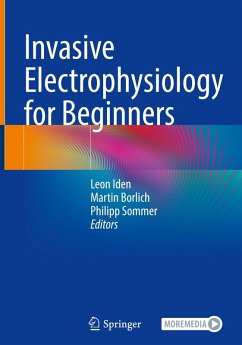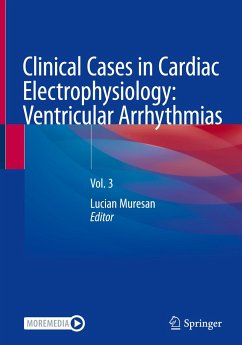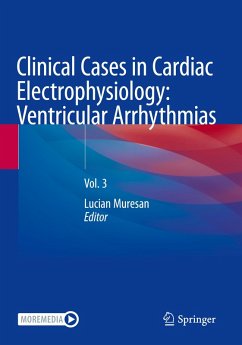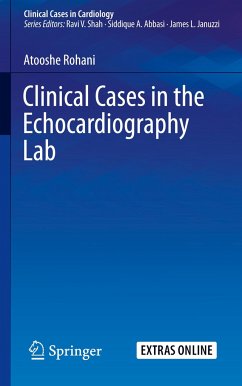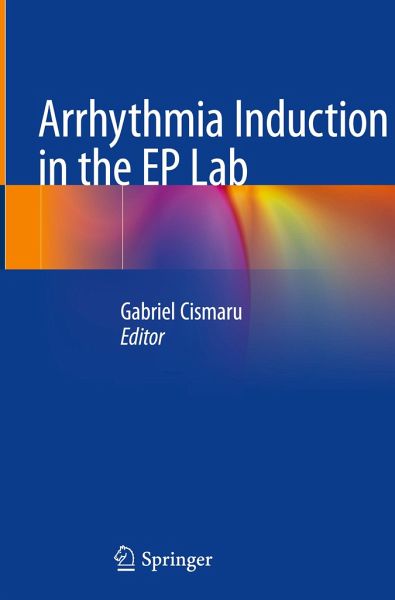
Arrhythmia Induction in the EP Lab

PAYBACK Punkte
38 °P sammeln!
This book focuses on how to induce clinical arrhythmias in the electrophysiology (EP) laboratory, a procedure that is indispensable for analyzing the underlying mechanisms, and identifying the most effective treatment of the arrhythmia. In the main part of the book, the authors share their own experiences with 13 different medications that can be injected or infused for arrhythmia induction - ranging from isoprenaline and atropine to ephedrine - all of which can be easily found in any cardiology department.Each chapter begins with a description of the drug's chemical structure and mechanism of...
This book focuses on how to induce clinical arrhythmias in the electrophysiology (EP) laboratory, a procedure that is indispensable for analyzing the underlying mechanisms, and identifying the most effective treatment of the arrhythmia. In the main part of the book, the authors share their own experiences with 13 different medications that can be injected or infused for arrhythmia induction - ranging from isoprenaline and atropine to ephedrine - all of which can be easily found in any cardiology department.
Each chapter begins with a description of the drug's chemical structure and mechanism of actions, then illustrates the infusion preparation, dosage and side effects and lastly analyzes its electrophysiological properties and highlights the most important clinical studies on it. For each drug the authors list - in dedicated tables - administration protocols from their own hospital.
This book is of interest to postgraduate students, cardiology residents, cardiologists and pediatric cardiologists with special interest in arrhythmias, as well as to trainees, technicians and nurses involved in the EP lab.
Each chapter begins with a description of the drug's chemical structure and mechanism of actions, then illustrates the infusion preparation, dosage and side effects and lastly analyzes its electrophysiological properties and highlights the most important clinical studies on it. For each drug the authors list - in dedicated tables - administration protocols from their own hospital.
This book is of interest to postgraduate students, cardiology residents, cardiologists and pediatric cardiologists with special interest in arrhythmias, as well as to trainees, technicians and nurses involved in the EP lab.



